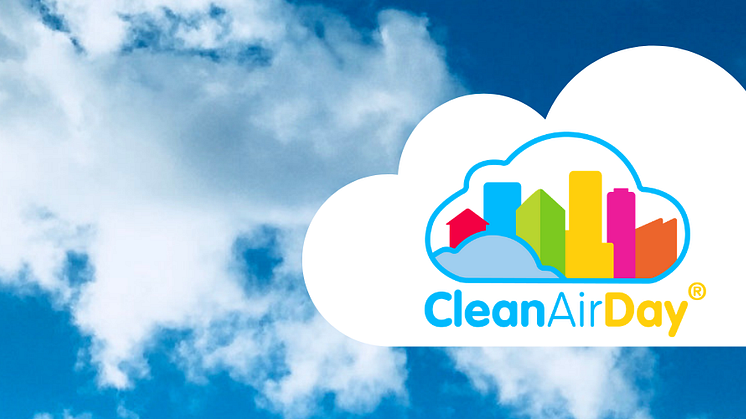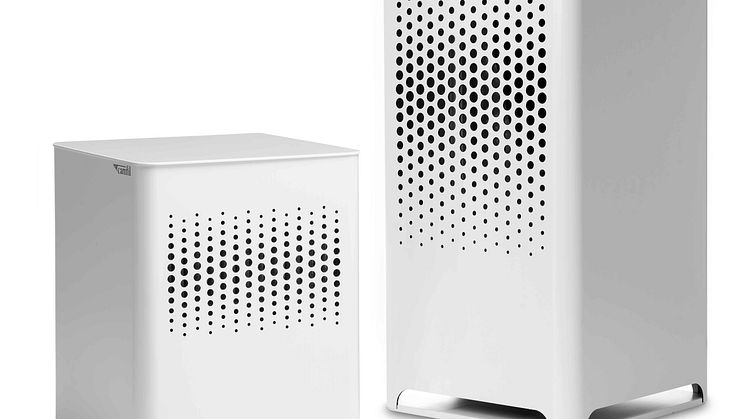
Blog post -
Clean Air Day 2019
Yesterday (June 20, 2019) was Clean Air Day, a campaign run by charity Global Action Plan which aims to encourage people to find out more about air pollution, share information with friends and colleagues and help make air quality cleaner and healthier for everyone.
Why is air quality important?
The air we breathe has a huge impact on our health and wellbeing. Globally, air pollution is the leading environmental cause of shortened life, contributing to the equivalent of 5% of all deaths worldwide.
Aside from damage to health, air pollution costs the NHS vast amounts of money and resources. In England, its estimated that over 1.3 million new cases of disease will be attributed to particulate matter with a diameter of less than 2.5 micrometres (PM2.5) by 2035.
With every breath we inhale more than 25 million particles; the more contaminants in the air, the greater change of sickness and ill-health.
The smaller the particle, the more harmful it is to our health. The human body is able to filter some particles, whereas others will penetrate the throat and lungs. Ultrafine airborne particles, known as PM1, can penetrate the bloodstream and reach critical organs, contributing to deadly diseases such as heart attacks, lung cancer and dementia.
How can we mitigate the risks of air pollution?
Many of us spend the majority of their time indoors, so focussing efforts on IAQ could have a significant effect on our health.
Unlike ambient (outdoor) air, controlling IAQ is well within our power. By preventing dirty air from entering buildings from the outset, they can be treated as ‘safe havens’ for the building occupants.
Filtration requirements are a key part of this solution. From food manufacturing plants, healthcare and hospitals and nuclear power stations to homes, schools, offices and airports; air filters improve people’s health and performance, protect critical manufacturing processes, boost productivity and safeguard the environment.
ISO 16890, the new common global particle filter test standard, was brought in last year, offering for the first time a single test for all customers.
In addition to tightening up industry standards, the government is under increasing pressure to make new legislation to tackle toxic air pollution. It’s Clean Air Strategy sets a direction for the UK’s air quality policies and goals for the future and will likely lead to a new Clean Air Act.
Camfil are committed to clean air solutions and our filters are used globally in a wide range of applications. Take a look at our product range for more information.
Support Clean Air Day
As part of the Clean Air Day campaign, Global Action Plan has produced lots of advice and guidance documents to help people learn more about air pollution, its effects and how to mitigate risks.
These free resources are available to download for free from their website, where you can also find out more about the campaign and how you can get involved.
Visit www.cleanairday.org.uk for more information.



